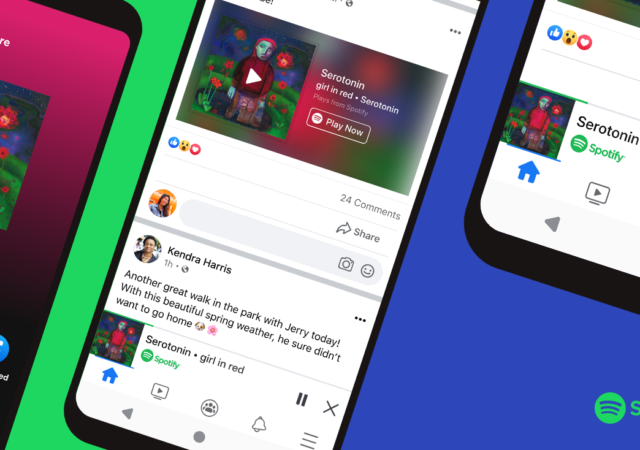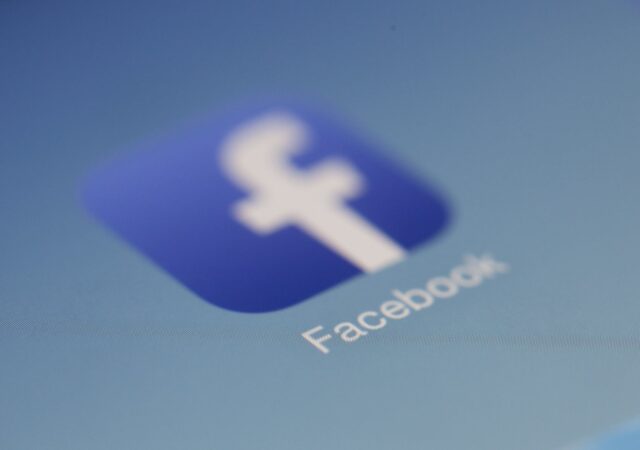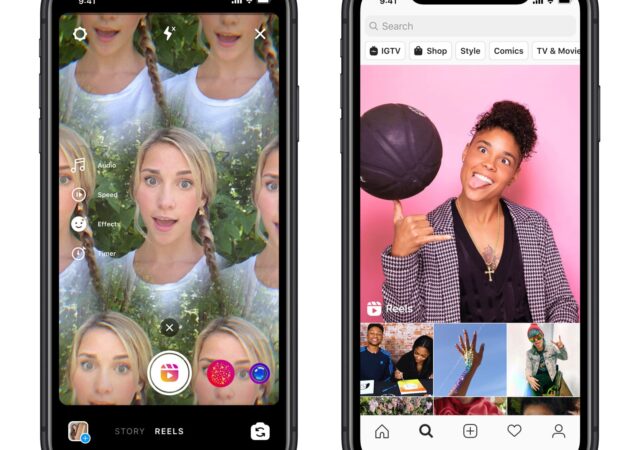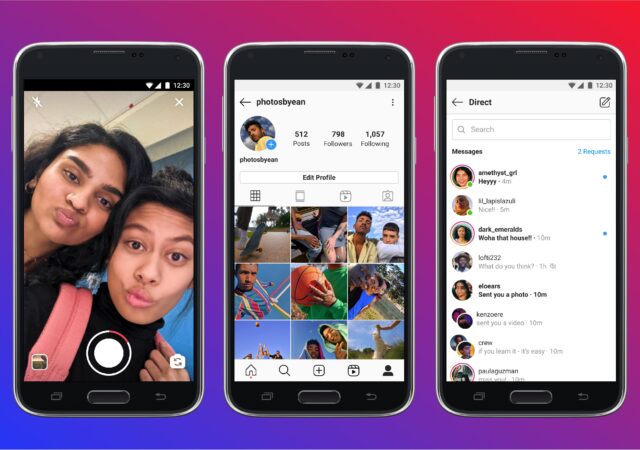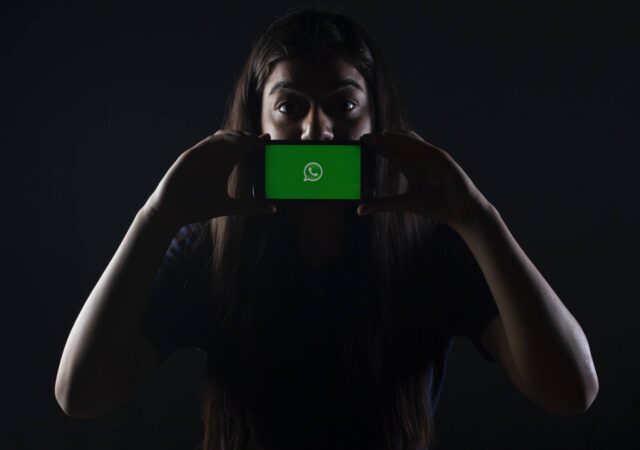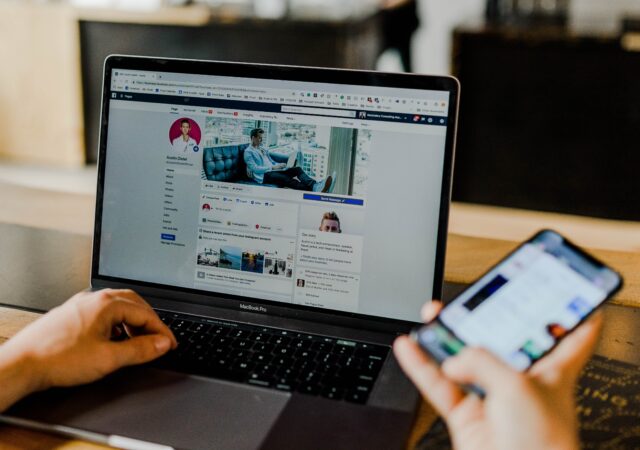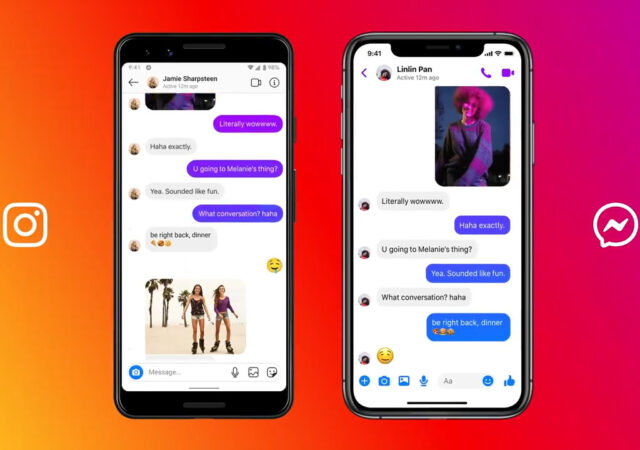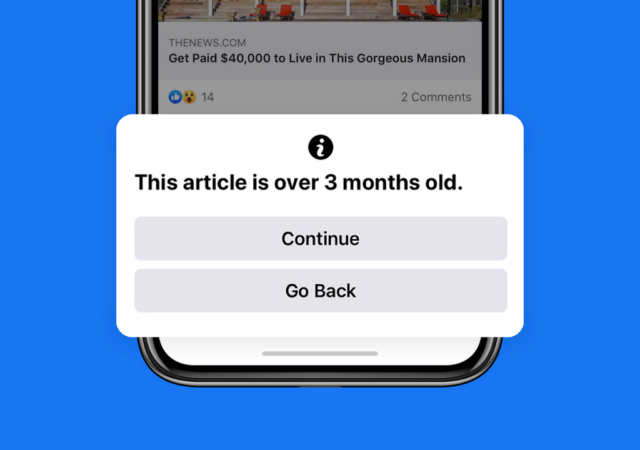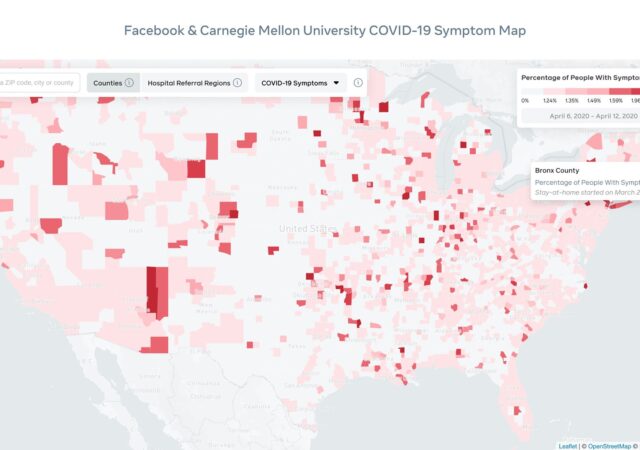Spotify brings a new way to discover music on social media with their miniplayer on Facebook. But that’s not all, the company is bringing increased prices.
533 Million Facebook Users’ Data Resurfaces Online from 106 Countries
Facebook seems to be having a row of things recently. The company initially faced humongous backlash on their implementation of data sharing policies between popular messaging app, WhatsApp, and the larger company. Now, it looks like old wounds are reopening…
WhatsApp’s New Policies Are Coming into Effect, Here’s What Will Happen If You Haven’t Accepted
WhatsApp has detailed what will happen to users who do not accept their new privacy policy which requires them to share data with Facebook.



